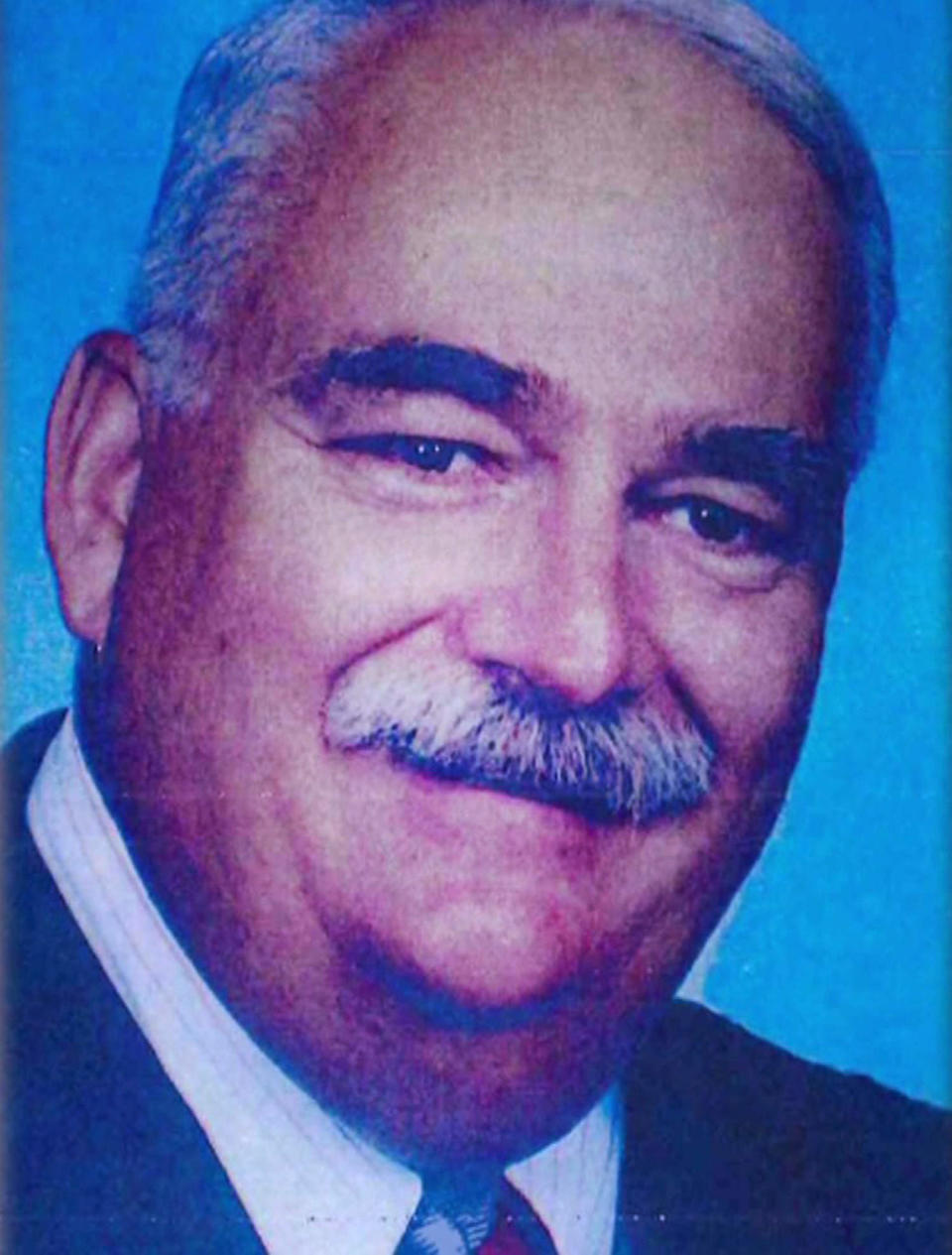WASHINGTON — The Supreme Court on Monday agreed to hear an Oklahoma death row inmate’s claim that his conviction is legally unsound in a rare case in which the state’s attorney general has conceded that key testimony at trial was problematic.
Richard Glossip, now 60, was convicted of arranging for the murder in 1997 of his boss at the Oklahoma City motel where they worked.
Although Oklahoma Attorney General Gentner Drummond, a Republican, has backed Glossip’s appeal, the state has stopped short of agreeing with Glossip’s claim that he is innocent. Even if the conviction is thrown out, Glossip could be put on trial again.
In May last year, the Supreme Court stepped in to prevent Glossip’s execution going ahead.
The court had been deliberating since September on whether to even hear Glossip’s appeal. In the brief order on Monday, the court said it would consider an additional legal question: whether Glossip had grounds under Oklahoma law to challenge his conviction.
The order also noted that Justice Neil Gorsuch will not participate in the case. The court did not give a reason but it is likely relates to his previous role as an judge on the 10th U.S. Circuit Court of Appeals, which hears cases from Oklahoma.
The state, Drummond said in court papers, “concluded, based on careful review of new information that recently came to light relating to prosecutorial misconduct at Glossip’s trial and cumulative error, that Glossip’s conviction and capital sentence cannot stand.”
Glossip’s lawyers have focused on concerns about key testimony in the case provided by Justin Sneed, who carried out the 1997 murder. Sneed testified that Glossip had hired him to kill motel owner Barry Van Treese.

But it has emerged that prosecutors had withheld information about Sneed and that he had given false testimony at trial.
“Even at this late stage of his case, after Mr. Glossip has faced nine execution dates, new evidence continues to emerge that the State knew full well that the evidence it used to convict him and sentence him to death was false,” Glossip’s lawyers wrote in asking the Supreme Court to weigh in.
An independent investigation ordered by Drummond found among other things that it had not been disclosed at Glossip’s second trial in 2004 that Sneed had been treated for a serious psychiatric condition.
Drummond said in court papers that Glossip’s conviction “hinged almost entirely on Sneed’s credibility.”
Despite Drummond’s announcement that he believed Glossip’s conviction should be tossed out because of due process violations, an Oklahoma appeals court upheld the death sentence earlier this year and the state’s pardon and parole board also voted against granting Glossip clemency.
The Supreme Court previously blocked Glossip’s execution in 2015 in separate litigation over whether the state’s execution protocol was unconstitutional. The court ultimately ruled against Glossip and two other Oklahoma death row inmates.
The Supreme Court, which has a 6-3 conservative majority, rarely grants stays of execution, and some justices have criticized lawyers for filing last-minute requests for death row inmates.
This article was originally published on NBCNews.com
Signup bonus from





